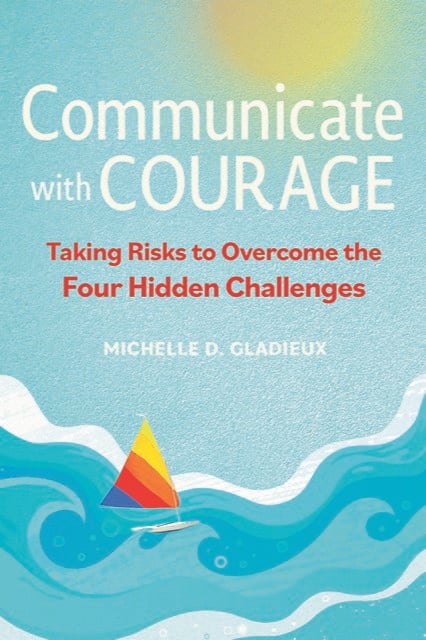I am one of those lucky people who get to do what they love every day. I coach leaders around the United States to be better communicators, business owners, and employers, delivering custom goal plans to them so they can reach their next level of effectiveness (while finding more joy in their work!)
An entrepreneur considering investing in coaching recently asked: “How important is 1:1 coaching for a business owner’s personal and professional growth?” and “Can you share an example of a goal assigned after a coaching session?”
I’d like to share my answers with you today.
How important is individual attention for a person to learn and grow? Of course, this is sort of like asking a baker if bread is worth baking. I’m going to say coaching is pretty important, both when we’re kids and when we’re adults.
Here’s why: none of us can see ourselves as others do. We often look right past our beautiful, natural gifts (and yes, every one of us has these gifts, potentially turning into weaknesses if overused). We also might gloss over some weaker points we’d benefit from addressing sooner rather than later if we don’t have a trustworthy guide to help us through the process.
We see out into the world, but can’t observe our own energy and behaviors as easily as others can see us, and this affects the success of our businesses.
The good news is that we can choose to open ourselves up to others sharing their observations of us. Sometimes that’s in a more formal coaching relationship, and other times it’s family, friends, or co-workers who shine a light on how our behaviors and communication impact them.
One-on-one coaching (executive coaching) is tricky territory. Some folks who want to share advice with us don’t have our best interests at heart. They may care more about themselves and what they get from the interaction than what we receive from the communication. Some people would have us believe they’re able to guide us fairly and capably, but they’re not qualified to do so, or might be blind to their own limitations.
So, buyer beware! Don’t be too quick to believe praise OR criticism unless you’ve thought through the coach’s skill and motivations.
Choosing someone to trust involves risk. So consider whether you believe the coach you choose is:
- Ethical: Aware of their own strengths and limitations.
- Experienced: Having guided others through similar challenges facing you.
- Courageous: Brave enough to shoot straight, but never callous or condescending in their communication.
At Gladieux Consulting, which I founded 20 years ago, we work with many adults who didn’t have a role model in their youth, and many luckier folks who did. Regardless of upbringing, it’s possible to nurture one’s own learning at any age. It’s also possible to find mentors if one is willing to do a few worthwhile things, such as:
- Discover information about one’s strengths as a communicator and where to place more effort for better results.
- Welcome both objective and subjective data about oneself (objective data might be personality or performance assessment, subjective data could mean asking others how they experience you).
- Place trust in a competent guide for the discovery process.
Free Online Skills Training: Better Finances, Better Cash Flow
You asked for a sample goal. Here are a few goals I’ve included in the goal plans I write for leaders with diverse personalities and expertise. These leaders range across fields, from mechanical engineering to nursing home administration.
- For a client who’s finding their voice: “Participate in every meeting you attend for one month”.
- For a client who finds it hard to focus: “Document and prioritize a task list, then share it with your boss to become more aligned.
- For a client who feels overwhelmed: “Create a self-care menu and use one entry daily.”
- For a client who manages a large team: “Complete our Coaching Map to make giving feedback easier as you look at a dashboard showing your team members’ strengths and weaker points.”
Some clients receive recipes to try for more resonant praise, more skillful delegation, or steps to approach a conflict constructively.
We all have different growth needs. The great news is that it’s never too late to make positive change or to inspire someone who reports to you to do so.








